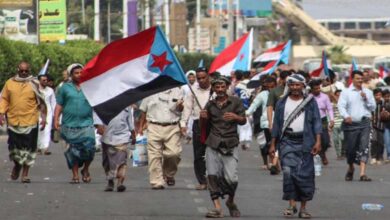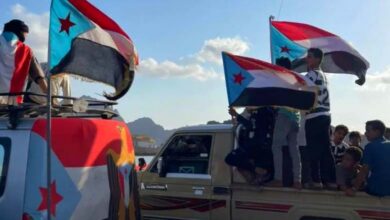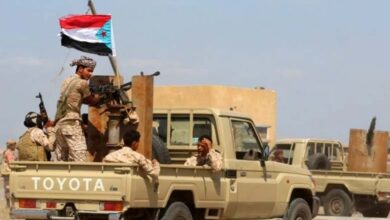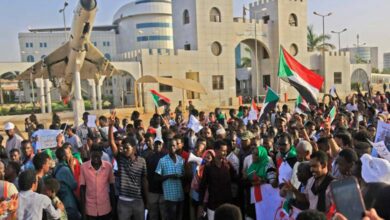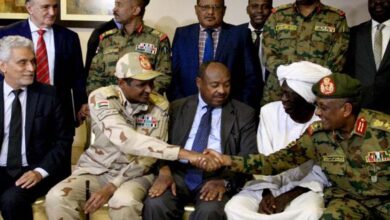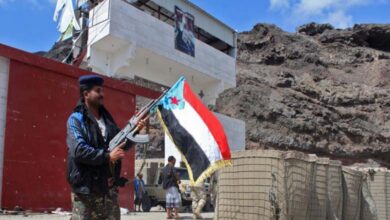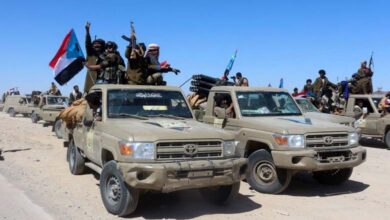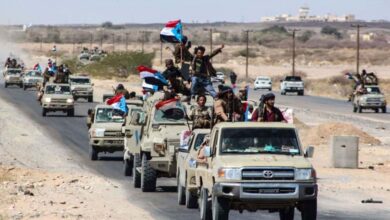Iran plays a prominent role in supporting terrorism
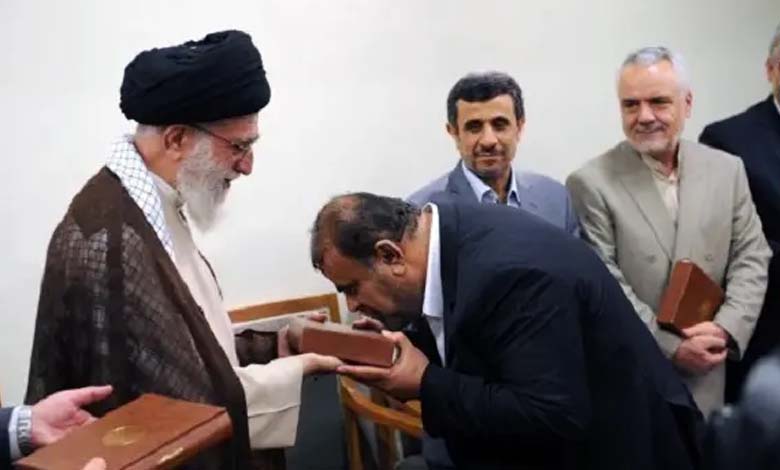
A recent report by the United States Central Intelligence Agency reveals Iran’s permission for Al-Qaeda to conspire against the United States from its territory and launch attacks on Washington’s interests and military bases in various regions, highlighting the logistical support Iran provides to Al-Qaeda for its operations.
This comes as evidence has been circulating about the longstanding cooperation between Iran and Al-Qaeda for years, with several Al-Qaeda leaders still present in Iran. The report also indicates Iran’s covert cooperation with Al-Qaeda since the early 1990s in Sudan, continuing the relationship after Al-Qaeda‘s move to Afghanistan.
Al-Qaeda was present on Iranian soil before, during, and after the September 11 attacks.
Iran plays a significant role in supporting terrorism against American interests for decades.
Since 2001, senior Al-Qaeda leaders have resided in Iran. Al-Qaeda utilizes Iran as a hub for facilitation, financing, and transportation through institutions led by Muslims, such as the Islamic Development Bank, to provide illicit funding. From this sanctuary, Al-Qaeda ordered attacks against Westerners residing in Saudi Arabia in 2003.
Safe passage for the organization
Frank Mossama, a researcher at the Bissa Center for Strategic Studies, believes that the evidence contradicts the continuous assumption of the US government that Tehran’s regime did not allow Al-Qaeda to conspire against the United States from within Iranian borders.
Iran allowed many Al-Qaeda members safe passage through its territory to Afghanistan in the mid-1990s. Instructions were issued to the Iranian border guards not to stamp their passports to prevent their original governments from suspecting they traveled to Afghanistan.
Rohan Gunaratna noted in his book “Inside Al-Qaeda: Global Terror Network” that between 1996 and 1998, nearly 10% of Osama bin Laden’s calls were with individuals in Iran.
In 2011, Federal Judge John D. Bates issued a default judgment concluding that Iran and Sudan were culpable in Al-Qaeda‘s bombings of the Kenya and Tanzania embassies in 1998.
Bates stated, “Iran plays a significant role in supporting terrorism against American interests for decades.”
His ruling stated, “The Iranian government aided, abetted, and conspired with Hezbollah, Osama bin Laden, and Al-Qaeda to conduct widespread bombing attacks against the United States using car bomb mechanisms.”
The House Homeland Security Committee’s Subcommittee on Counterterrorism and Intelligence held a hearing on May 22, 2013, to assess the threat posed to American soil by Al-Qaeda‘s activities in Iran.
A document previously released by the Central Intelligence Agency highlighted the materials seized at Osama bin Laden’s compound in Abbottabad, revealing deep cooperation between Al-Qaeda and Iran.
The CIA report described how Iran allowed Al-Qaeda operative Yasin Suri to operate from its territory in 2005. According to the document, Suri’s mission was to “connect Abdullah Khan’s routes with Iran and bring brothers from abroad,” emphasizing the logistical importance of Al-Qaeda‘s presence in Iran as well.
Another United Nations report in 2018 highlighted the leadership roles played by Saif Adel and Abu Muhammad al-Masri from Iran.
The previous administration of President Donald Trump avoided addressing this issue and left it to President Joe Biden’s administration to deal with it.
Abdullah Ahmad Abdullah
Both previous administrations, Republican and Democratic alike, had a vested interest in promoting the narrative that Saudi Arabia bore responsibility for Al-Qaeda‘s attacks on the United States instead of focusing on the illicit relationships of the terrorist group with Iran.
Iran and Al-Qaeda have elevated their relationship to a new level in recent years. In 2015, Tehran allegedly “decided to allow Al-Qaeda to establish a new operational headquarters” on its soil, and the terrorist organization now “operates under the protection of the Iranian regime.”
In July 2018, the Analytical Support and Sanctions Monitoring Team, a United Nations expert group, found under Resolutions 1526 (2004) and 2253 (2015) that “Al-Qaeda leaders in the Islamic Republic of Iran have become more prominent through their work with Ayman al-Zawahiri and have enhanced their authority more than before.”
The secret Israeli operation
Israel has been more cautious about the cooperation between Iran and Al-Qaeda than the United States. In November 2020, an Israeli intelligence operation secretly killed senior Al-Qaeda leader in Tehran Abdullah Ahmad Abdullah, known as Abu Muhammad al-Masri, despite being under the protection of the Iranian Revolutionary Guard and wanted by the United States government for planning the 1998 bombings of two American embassies in Africa and other terrorist attacks. Tehran denied harboring Abdullah and sought to evade international consequences for its terrorism support.
Nicholas Rasmussen, a former intelligence official in the administration of former US President Barack Obama and the current Executive Director of the Global Internet Forum to Counter Terrorism, questioned former US Secretary of State Mike Pompeo’s claim that he did not recall seeing any analysis indicating a significant shift in Iran’s links to Al-Qaeda in 2015. However, the secret Israeli operation against al-Masri proved the oversight of Obama-era reports. Now, the United States must act against this growing threat.


